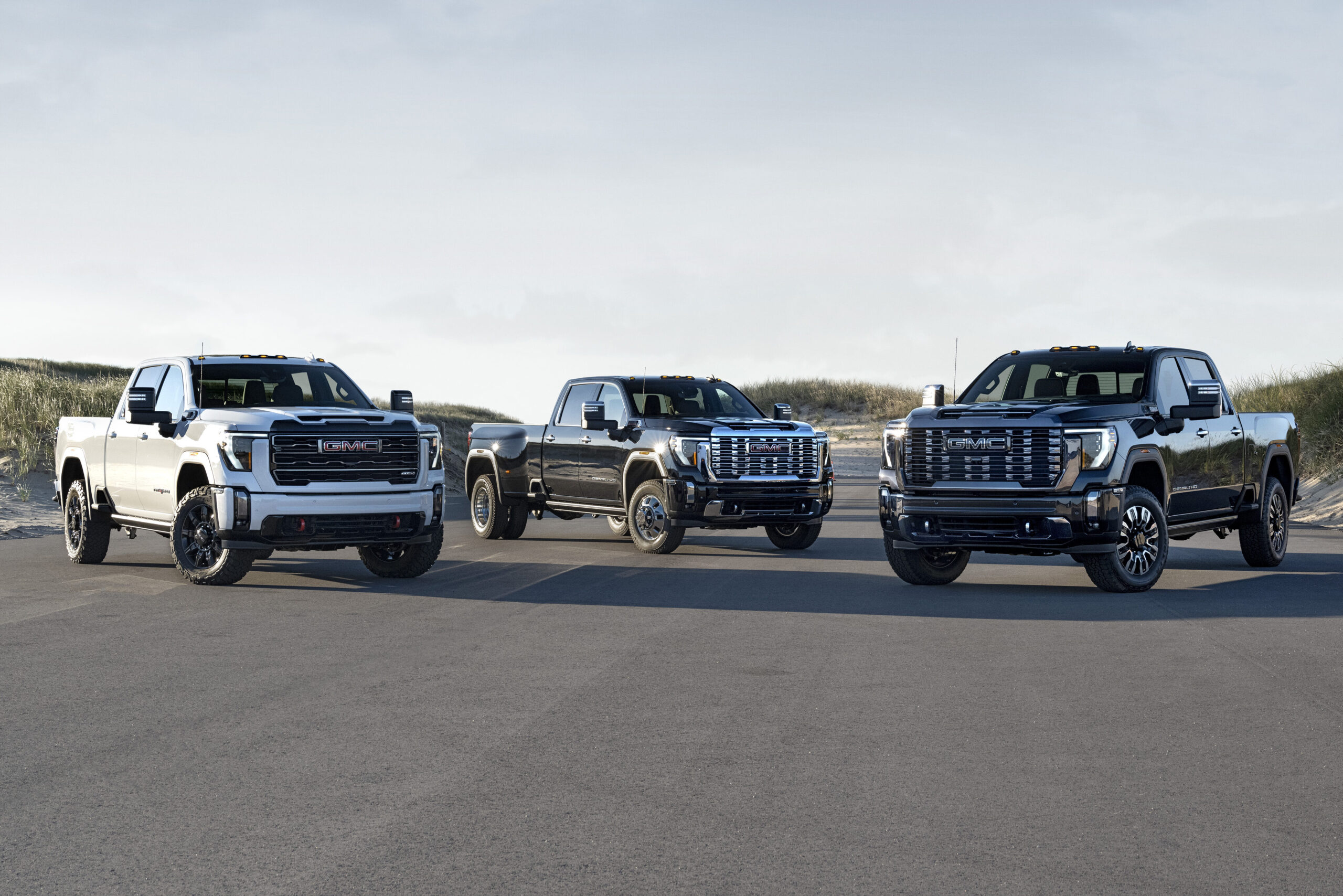
Everything to know about your next pickup truck purchase
The “pick up” sure has come a long way! What was once a single-purpose work vehicle is now serving multiple roles. Day-to-day family haulers. Weekend activities like camping, towing or travel. Nowadays even luxury buyers are looking closely at trucks because of their fair price compared to SUV’s and fantastic list of amenities and options. Modern trucks have evolved with more features and equipment than ever before, plus a variety of powertrains including regular gas, hybrid, diesel, and electric.
Today there’s a wide range of models and styles available, from smaller compact versions with improved fuel economy to larger full-frame models with the highest towing and hauling capabilities. Trucks can also be “configured” with many interior and exterior features. Gone are the days where a basic vehicle must sacrifice heavy duty capabilities, or where a high-end truck also must be workhorse. So, when buying or leasing a truck, it’s important to consider your intended use to avoid buying more (or less) than what you need.
Pickups vary greatly in size, price, fuel economy, comfort, performance, safety, and reliability, with some factors being interdependent. For example, trucks with better fuel economy tend to be smaller and weigh less, whereas heavy-duty trucks offer more power but can result in a rougher ride.
Overall, the truck market offers something for everyone, but prices have been steadily increasing. However, recently many dealerships have seen their in stock inventory of trucks improve. According to CarCostCanada, this may be an opportunity for consumers who wish to purchase a truck. This guide can help you make the most of your truck-buying budget.
Pros and Cons of Owning a Pickup Truck
There are many things to consider when purchasing a pickup truck. We’ll go into further detail but here are the most common advantages and disadvantages of owning a pickup truck.
Advantages:
- Versatility: Pickup trucks can be used for a wide range of purposes, such as hauling cargo, towing trailers, or even off-road driving.
- Power: Pickup trucks typically have powerful engines that provide plenty of torque, making them capable of towing heavy loads and handling tough terrain.
- Space: Pickup trucks often have spacious cabs and cargo beds, making them ideal for transporting passengers and gear.
- Safety: Pickup trucks are generally considered safer than cars in accidents due to their larger size and heavier weight.
- Resale value: Pickup trucks often hold their value well and can be sold for a high price when it’s time to upgrade.
Disadvantages:
- Fuel economy: Pickup trucks are often less fuel-efficient than cars, which can make them expensive to operate, especially if they are frequently used.
- Size: Pickup trucks can be difficult to park in tight spaces or navigate through narrow streets due to their size. These trucks are much wider and higher than average cars and many SUV’s, which can make urban settings challenging.
- Cost: Pickup trucks can be more expensive to purchase than cars, and maintenance and repair costs may also be higher.
- Ride quality: Pickup trucks are sometimes less comfortable than cars due to their stiffer suspension and rougher ride. Longer wheelbase models can offset the stiff suspension to some degree.
- Environmental impact: Pickup trucks on average use more fuel than cars, therefore they produce more emissions, which has a negative impact on the environment.
Different types of pickup trucks for different uses
Historically trucks were defined as “1/2-ton”, “3/4 ton” and “1-ton” vehicles. These descriptions referred primarily to payload capacity and general vehicle size. An example from Ford; the F-150 is a 1/2-ton, F-250 is a 3/4 ton and F-350 is a 1-ton. Government classifications focus on Gross Vehicle Weight Rating (“GVWR”). The smallest class is all vehicles under 2,800kg (which includes many of the pickups below).
The auto industry itself prefers “segments”: Midsize, Full-size and Heavy Duty. Today, due in part to inflationary pressures and the ever-increasing size of the largest available pickup trucks, a new Compact segment is gaining traction.
Compact Pickup Trucks
Compact pickup trucks are the smallest and most affordable of the four segments. Today there is limited selection in this “small truck” category but the vehicles available are new and other models are coming to market soon. Compacts are mostly used for personal transportation and occasionally for light commercial purposes.
Examples include the Ford Maverick and Hyundai Santa Cruz.


Compact pickups are appealing to city dwellers who want some ruggedness but also must maneuver in tight spaces. Compacts have limited towing capacity, smaller, more fuel efficient engines, and may sacrifice even the most basic “truck” features (like 4-wheel drive), but prioritize fuel economy, versatility and low prices.
Midsize Pickup Trucks
Midsize pickups are a growing and popular segment, frequently seen as great value when compared to full-size trucks. These are often used for construction work and personal transportation.
Examples of models include the Chevrolet Colorado, Ford Ranger, Toyota Tacoma, Jeep Gladiator and Honda Ridgeline.
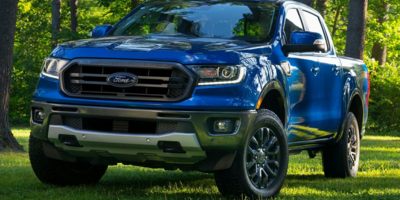
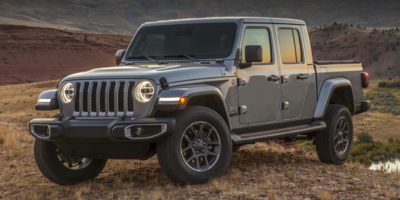

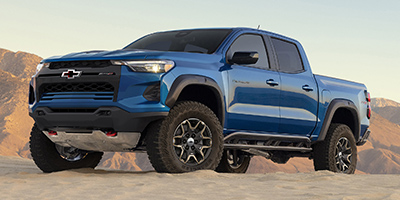
Midsize pickup trucks are generally available in 2 or 4-wheel drive versions and offer a variety of engine choices, ranging from 4-cylinders to V6s. Their cabins and pick up beds rival some full-size models. They also tend to have better fuel economy than full-size models. However, their towing and hauling capacity is usually lower than that of full-size pickup trucks.
Full-size Pickup Trucks
Full-size trucks are the most popular and best-selling category. They are often used for heavier construction work plus personal and professional transportation tasks. Their cabins are incredibly large and can be quite luxurious when optioned accordingly.
Examples include the Chevrolet Silverado 1500, Ford F-150, GMC Sierra, Toyota Tundra and Ram 1500.
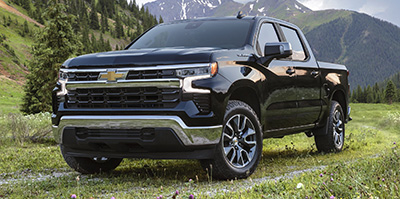

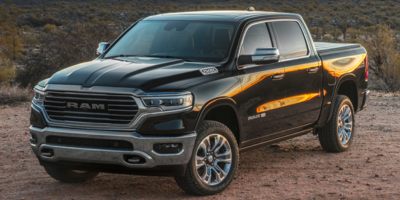
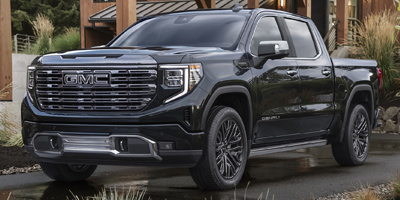
Full-size pickup trucks generally have higher towing and hauling capacities than compact and midsize pickup trucks. They also offer a variety of engines, ranging from V6s to V8s, as well as hybrid and electric fuel options. However, they tend to consume more fuel than compact pickup trucks and may be more difficult to maneuver in parking spaces and narrow streets.
Heavy-duty Pickup Trucks
Heavy-duty pickup trucks are the largest and most robust pickup trucks. They are often used for the heaviest work, such as road construction and drilling, as well as the most demanding towing activities.
Examples of models include the Chevrolet Silverado 3500HD, Ford F-250 and F-350, GMC Sierra 2500 HD and 3500 HD, and Ram 2500 and 3500.

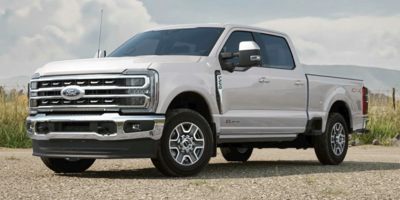
Heavy-duty pickup trucks have even higher towing and hauling capacities than full-size pickup trucks. However, they are also more expensive and fuel-intensive, which can make daily use impractical for most drivers.
In summary, compact pickup trucks are the most affordable and offer good fuel economy, but have limited hauling capacity. Midsize trucks are often compared closely to larger pickups and are a great compromise for many truck applications. Full-size pickup trucks are the most popular and versatile, offering a range of engines and towing capacities. Heavy-duty pickup trucks are the most robust and offer the highest hauling and towing capacities, but are also the most expensive and fuel-intensive.
Considerations before buying a pickup truck
Here is a list of factors to consider when purchasing a pickup truck:
- Cab and seat size: regular cabs are cheaper but only offer front seats, while extended cabs and crew cabs offer more seats and interior storage space.
- The bed: this is what sets pickup trucks apart from other vehicles, as it allows for the transport of bulky items such as furniture, tools, and equipment. Different bed sizes are available depending on the cab configuration. Also pickup beds today come with many unique and useful options such as “under bed storage”, power stations, and racking/storage solutions.
- Engines and fuel economy: different types of engines are available, ranging from four cylinders to large diesels. Hybrid and electric trucks are also becoming more common, offering better fuel economy and faster performance. Keep in mind that fuel economy will suffer while towing and in cold weather conditions. It would not be unusual for range to be decreased as much as 50% when towing.
- Towing capacity: pickup trucks are well suited for towing boats, cars, and trailers. Towing capacity depends on several factors such as the engine and factory-installed towing equipment. Be sure to check the GVWR of any truck you consider and understand your particular application and needs.
- Comfort options: high-end versions offer leather seats, sophisticated infotainment systems, power tailgates, and many additional bed and accessibility accessories.
- Bed accessories: different accessories are available, such as loading ramps, LED lights, and tie-down straps to keep loads in place.
In summary, when buying a pickup truck, it’s important to consider the cab and bed size, engine type and fuel economy, towing capacity, comfort options, and available bed accessories.
Why buy a new pickup truck ?
Buying a new pickup truck has its advantages, including the latest safety features and engineering improvements, less maintenance concerns, and more options for customization. Financing rates are also typically lower for new trucks. Historically, the main disadvantage has been rapid depreciation, with new trucks losing up to half their resale value in the first few years of ownership.
Choosing a used pickup truck is a viable option with a larger market and potential for finding a truck that has taken the biggest depreciation hit but still has plenty of useful life left. It’s important to focus on reliability and have a mechanic inspect any truck under consideration.
CarCostCanada Says
The automotive market has seen tough times in the last few years. However, since the depths of the pandemic, most dealers have rebounded and are now holding larger inventories of pickup trucks. This may be a good opportunity to negotiate and have more choice of models, options and colours than a couple of years ago when you had to pre-order.
Trust CarCostCanada to guide you in the purchase of your next pickup truck. With their 3-step process, make sure you pay the best price for your new acquisition by not missing out on any rebates and incentives. Find all the information you need and have them refer you to the nearest dealer. Make an informed choice with CarCostCanada.
